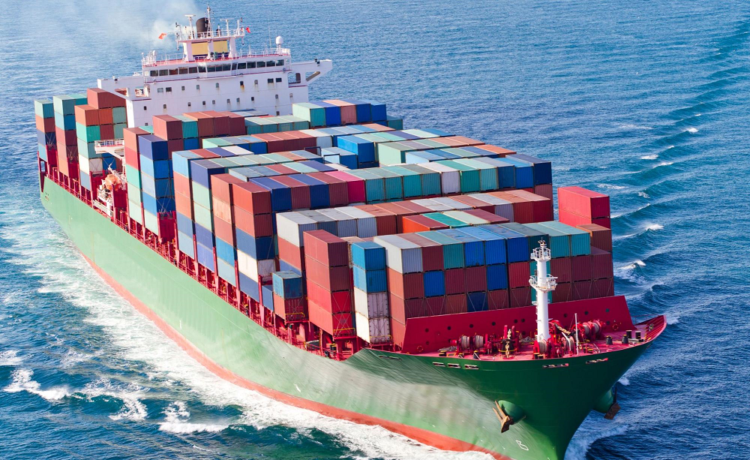The utilization of SCF (Standard Container Fleet) containers has revolutionized global trade and logistics, streamlining operations, enhancing efficiency, and expanding market reach. These case studies showcase real-world examples of how SCF shipping containers have played a pivotal role in shaping the modern landscape of international commerce.
Case Study 1: Streamlining Supply Chains with SCF Containers
Challenge: A multinational electronics company sought to optimize its supply chain to meet growing demand for its products while minimizing transit times and costs.
Solution: By adopting SCF containers, the company standardized its packaging and shipment processes. This allowed for efficient loading, stacking, and unloading of containers across multiple transportation modes.
Results:
- Reduced Transit Times: SCF containers facilitated seamless transfers between ships, trains, and trucks, minimizing delays and transit times.
- Cost Savings: Streamlined handling and reduced transshipment lowered operational costs and increased profit margins.
- Enhanced Reliability: The standardized containerized system improved supply chain predictability and reduced cargo damage.
Case Study 2: Expanding Market Access with SCF Containers
- Challenge: A local agricultural cooperative in a landlocked region aimed to access international markets and increase the export of its produce.
- Solution: The cooperative adopted SCF containers to transport its goods to distant ports. The containers allowed for efficient loading and safe transportation of perishable produce.
Results:
- Market Expansion: Access to SCF containers enabled the cooperative to reach distant markets and tap into international demand.
- Reduced Losses: Secure and climate-controlled container transport minimized spoilage and losses during long journeys.
- Competitive Advantage: Reliable international shipments enhanced the cooperative’s reputation, attracting more buyers and investors.
Case Study 3: Supply Chain Resilience During Disruptions
- Challenge: A global pharmaceutical company faced disruptions in its supply chain due to unforeseen natural disasters and geopolitical challenges.
- Solution: The company leveraged SCF containers to diversify its supply chain routes and transport critical pharmaceuticals and medical supplies safely.
Results:
- Risk Mitigation: Multiple containerized shipping routes reduced dependency on single supply chains, enhancing resilience during disruptions.
- Quick Response: Containerized transport enabled swift adjustments to route changes, ensuring timely delivery of vital supplies.
- Humanitarian Impact: The company’s ability to respond effectively to emergencies improved public health outcomes in affected regions.
Key Takeaways:
- Efficiency and Standardization: SCF containers streamline operations by offering standardized and efficient cargo handling processes.
- Market Access: SCF containers enable businesses to access distant markets and capitalize on global demand.
- Resilience and Adaptability: Containerized transport enhances supply chain resilience, allowing rapid response to disruptions.
- Sustainability: SCF containers contribute to reduced emissions, efficient resource utilization, and sustainable logistics.
Conclusion
These case studies demonstrate the transformative impact of SCF Shipping Containers in global trade and logistics. By embracing containerization, businesses can achieve operational excellence, extend their market reach, respond to challenges, and contribute to a more interconnected and sustainable world economy.











